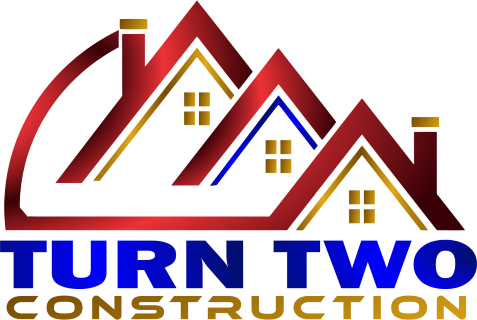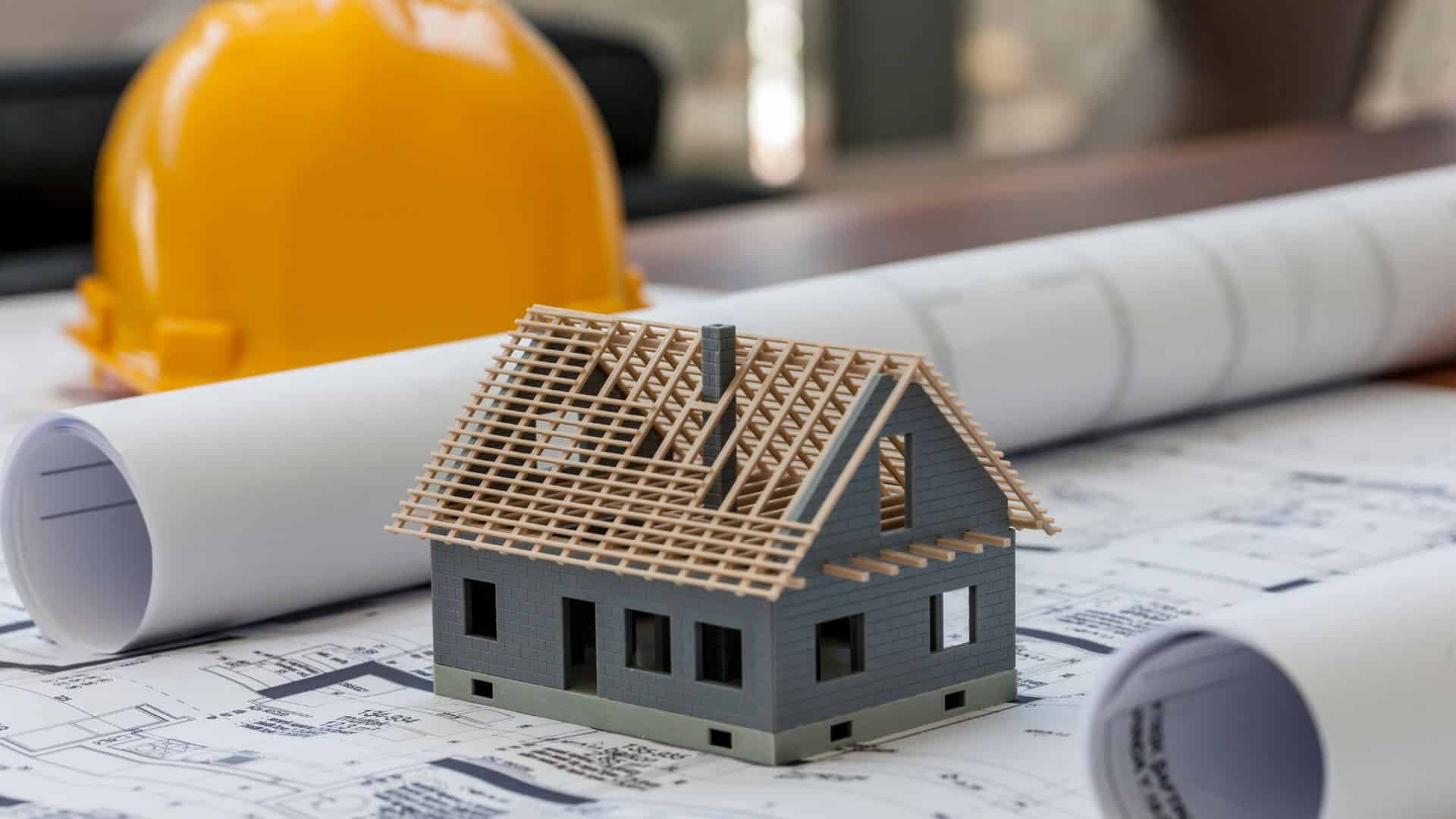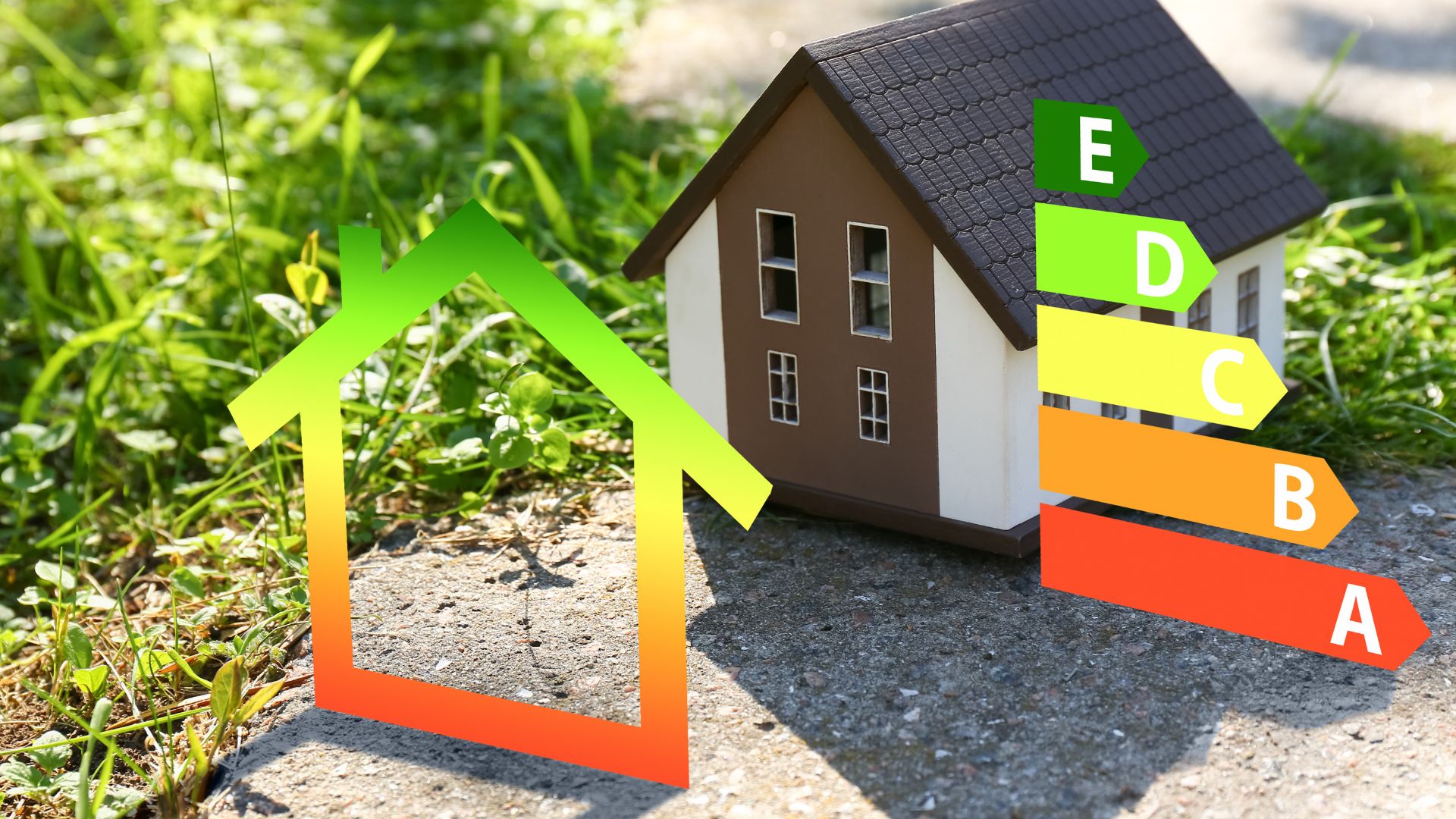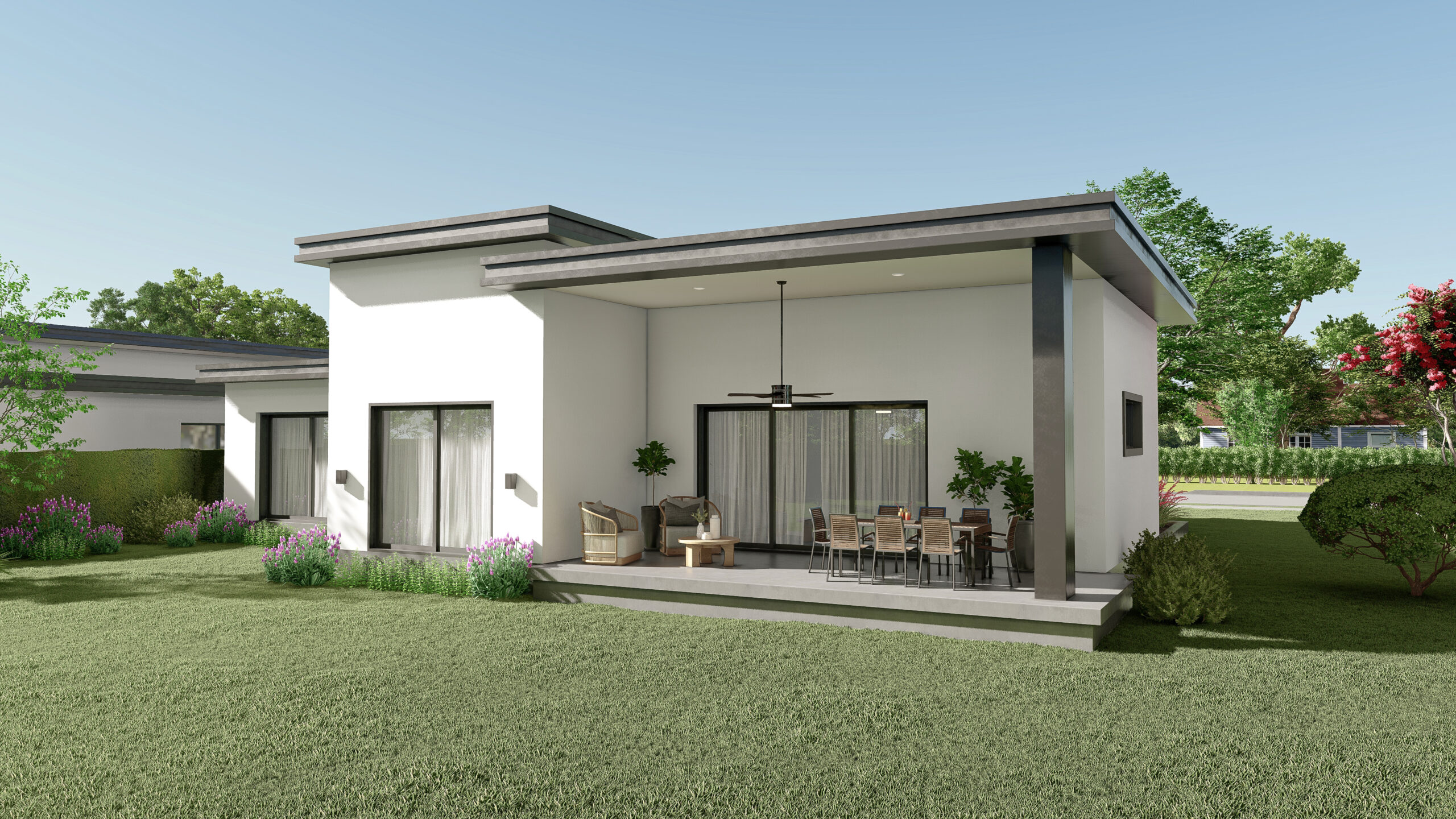
In recent years, there has been a growing emphasis on sustainable living and reducing our carbon footprint. One crucial aspect of this movement is the rise of energy-efficient homes. These innovative dwellings are designed to minimize energy consumption and maximize efficiency, resulting in numerous benefits for homeowners, the environment, and society as a whole. In this article, we will explore the many advantages of energy-efficient homes and why they are becoming an increasingly popular choice for eco-conscious individuals.
Reduced Energy Consumption:
Energy-efficient homes are designed to minimize energy waste and maximize efficiency. They utilize advanced insulation materials, efficient HVAC systems, and energy-saving appliances. As a result, these homes consume significantly less energy than traditional houses. This reduction in energy consumption not only helps homeowners save money on utility bills but also reduces the strain on energy resources and power grids.
Cost Savings:
One of the most compelling reasons to invest in an energy-efficient home is the potential for long-term cost savings. While the initial investment may be slightly higher than that of a conventional home, the lower energy bills and maintenance costs quickly make up for the difference. Over time, homeowners can enjoy substantial savings on electricity, heating, and cooling expenses, leading to a significant return on investment.
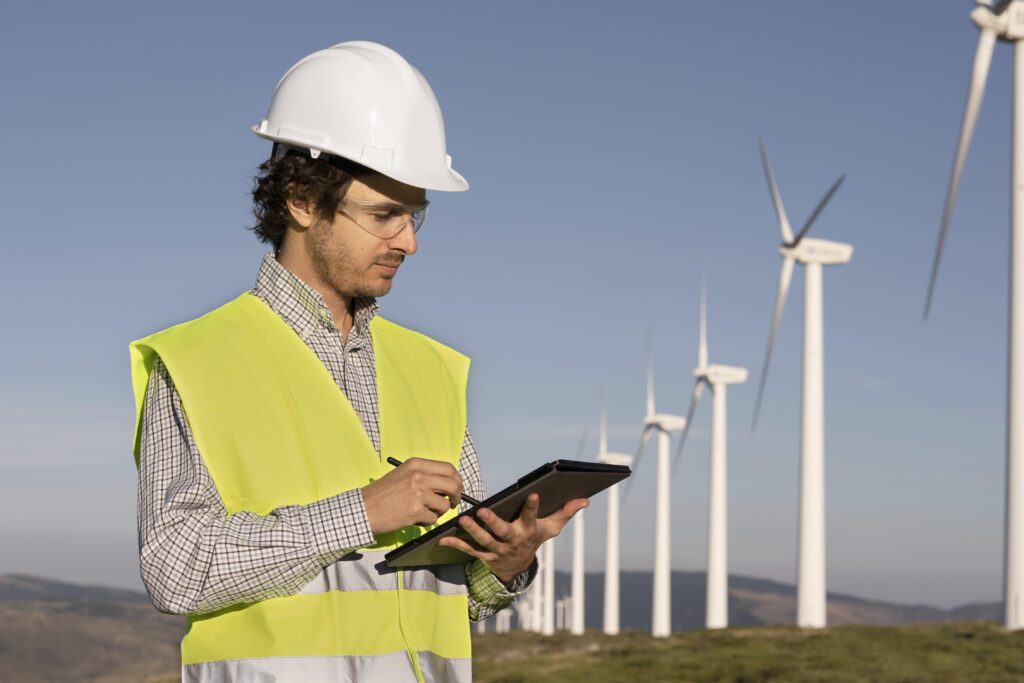
Environmental Sustainability:
Energy-efficient homes play a crucial role in combating climate change and reducing greenhouse gas emissions. By optimizing energy consumption and reducing reliance on fossil fuels, these homes help minimize the carbon footprint associated with residential living. They contribute to a cleaner environment, lower air pollution levels, and a more sustainable future for our planet.
Improved Indoor Comfort:
Energy-efficient homes are designed with a strong focus on thermal insulation and proper ventilation. As a result, they offer better indoor comfort throughout the year. These homes maintain consistent temperatures, effectively seal out drafts, and prevent heat loss or gain. Additionally, advanced HVAC systems and smart thermostats allow homeowners to customize their indoor climate, ensuring optimal comfort levels while minimizing energy usage.
Enhanced Durability and Quality:
Energy-efficient homes are often built to higher construction standards, with a focus on durability and quality. The use of energy-efficient materials and building techniques ensures that these homes are well-insulated, moisture-resistant, and structurally sound. This results in reduced maintenance requirements, increased longevity of the building, and improved overall quality of living.
Increased Property Value:
As energy efficiency becomes a top priority for homebuyers, energy-efficient homes tend to have higher property values. Buyers are willing to pay a premium for homes that offer long-term energy savings and environmental benefits. Additionally, government incentives and green building certifications, such as LEED (Leadership in Energy and Environmental Design), further enhance the desirability and value of energy-efficient properties.
Energy-efficient homes offer a wide range of benefits, making them an excellent choice for homeowners seeking sustainability, cost savings, and enhanced comfort. With their reduced energy consumption, lower utility bills, and positive impact on the environment, these homes are an essential step towards creating a more sustainable future. Investing in energy-efficient housing not only benefits individuals but also contributes to a greener society for generations to come. So, why not consider an energy-efficient home for your next housing investment? It’s a win-win situation for you and the planet.
